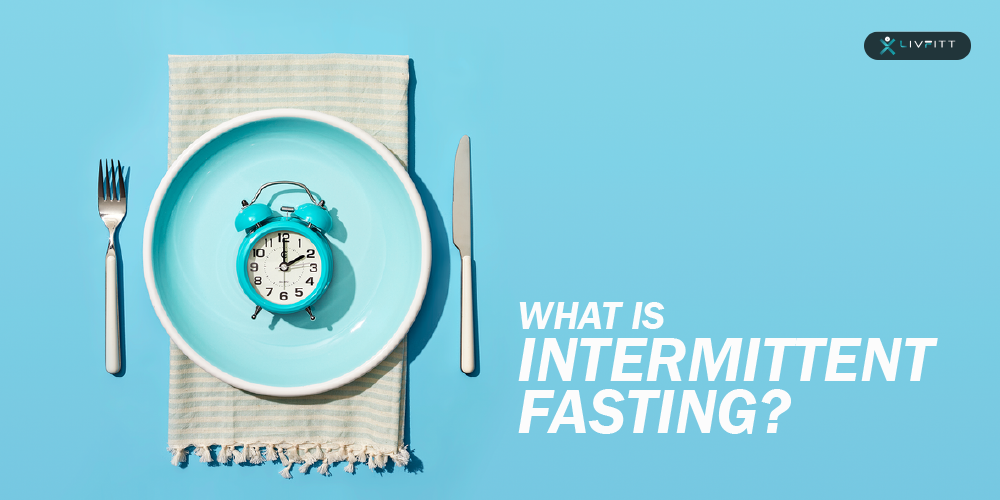
Intermittent Fasting:
Intermittent fasting or IF is rapidly becoming the most widespread fitness and health trend. Many people are using IF to lead a better lifestyle, improve health, and lose weight. Several studies have demonstrated the powerful effects that occur on the brain and body due to intermittent fasting. Some studies have even shown that IF can help you live longer. The following information is your beginner’s guide to intermittent fasting.
This is an eating pattern that cycles through periods of eating and fasting. The Intermittent Fasting plan doesn’t specify exact foods that you need to eat, but when you ought to eat them. On this plan, a whole food, nutritious eating regimen is recommended. Hence IF is not a conventional diet, but an eating pattern or habit. In this method, fasting occurs for either 16 hours a day or 24 hours, two times per week.
Fasting is not an unfamiliar practice in human evolution. It is more commonplace than we know. Our ancient hunter and gatherer humans didn’t have refrigerators, year-round foods or supermarkets. Sometimes they couldn’t find food to eat. In response to this scenario, they learned to function without food for lengthy periods. In modern society, we see fasting occurring for spiritual or religious reasons. For instance, regular fasting is a common practice in many world religions such as Hinduism, Buddhism, Islam, and Judaism. When you think about it, periodic fasting is more natural than consuming 3 or more meals every single day.
There are several ways to perform intermittent fasting. The most popular methods are:
This is also called the Leangains protocol. To follow, you will skip breakfast and restrict your eating period to 8 hours. For example, you may eat between 1 to 9 pm but then you will fast for the remaining 16 hours.
On this method, you normally eat for five days and restrict your calorie intake to 500 to 600 calories on two non-successive days in the week, i.e. Tuesday and Thursday.
On this plan, you will fast for 24 hours, either once or twice a week. Then eat regularly on non-fasting days.
On intermittent fasting, you’re reducing your calorie intake which leads to weight loss. However, it will only work if you’re not overindulging in junk food or compensating by eating more during allowed eating periods. Most people prefer the 16-8 method because it’s more sustainable, simple, and easy to follow. It’s no wonder that it’s also the most popular!
 Easy Yoga at Home: How Online Yoga Classes Can Help You Lose Weight
Easy Yoga at Home: How Online Yoga Classes Can Help You Lose Weight
 Unlock Your Fitness Potential with Online Yoga Classes for Weight Loss
Unlock Your Fitness Potential with Online Yoga Classes for Weight Loss
 Transform Your Fitness Journey with LivFitt's Online Yoga Classes for Weight Loss
Transform Your Fitness Journey with LivFitt's Online Yoga Classes for Weight Loss
 Achieve Your Fitness Goals: Best Online Yoga Classes for Weight Loss
Achieve Your Fitness Goals: Best Online Yoga Classes for Weight Loss
 Discover the Best Online Yoga Classes for Weight Loss
Discover the Best Online Yoga Classes for Weight Loss
 Top Tips for Online Yoga Classes & Weight Loss
Top Tips for Online Yoga Classes & Weight Loss
 Discover the Online Yoga Classes for Weight Loss: Your Ultimate Guide
Discover the Online Yoga Classes for Weight Loss: Your Ultimate Guide
 Discover the Best Online Yoga Classes for Weight Loss: Your Path to a Healthier You
Discover the Best Online Yoga Classes for Weight Loss: Your Path to a Healthier You
 Best Online Yoga Classes for Weight Loss
Best Online Yoga Classes for Weight Loss
 The Best Online Yoga Classes for Weight Loss: Transform Your Fitness Journey
The Best Online Yoga Classes for Weight Loss: Transform Your Fitness Journey
 The Best Online Yoga Classes with LivFitt
The Best Online Yoga Classes with LivFitt
 Sweat It Out, Slim It Down: Best Online Yoga Classes
Sweat It Out, Slim It Down: Best Online Yoga Classes
 Best Online Yoga Classes for Weight Loss: Achieve Your Fitness Goals with LivFitt
Best Online Yoga Classes for Weight Loss: Achieve Your Fitness Goals with LivFitt
 The Best Online Yoga Classes for Weight Loss
The Best Online Yoga Classes for Weight Loss
 Best Online Yoga Classes for Weight Loss: Achieve Your Fitness Goals
Best Online Yoga Classes for Weight Loss: Achieve Your Fitness Goals
 Discover the Best Online Yoga Classes for Weight Loss with LivFitt
Discover the Best Online Yoga Classes for Weight Loss with LivFitt
 Losing Weight and Finding Calm: The Best Online Yoga Classes for Weight Loss
Losing Weight and Finding Calm: The Best Online Yoga Classes for Weight Loss
 The Best Online Yoga Classes for Weight Loss at LivFitt
The Best Online Yoga Classes for Weight Loss at LivFitt
 Online Yoga Classes: Your Way to a Healthier, Happier You
Online Yoga Classes: Your Way to a Healthier, Happier You
 Relax and Boost: The Allure of Online Yoga Classes
Relax and Boost: The Allure of Online Yoga Classes
 Online Yoga Classes for Weight Loss: A Path to a Healthier You
Online Yoga Classes for Weight Loss: A Path to a Healthier You
 Online Yoga Classes for Weight Loss: A Guide to Getting Started on Your Fitness Journey from Home
Online Yoga Classes for Weight Loss: A Guide to Getting Started on Your Fitness Journey from Home
 Unfold Your Mat, Start Your Burning Process: A Guide to Online Yoga Classes for Weight Loss
Unfold Your Mat, Start Your Burning Process: A Guide to Online Yoga Classes for Weight Loss
 Online Yoga classes for Weight Loss? Yes, Please! Here's Why
Online Yoga classes for Weight Loss? Yes, Please! Here's Why
 Reduce Weight and Find Strength Online Yoga Classes for Weight Loss
Reduce Weight and Find Strength Online Yoga Classes for Weight Loss
 Why Online Yoga Classes for Weight Loss Are Your Perfect Match
Why Online Yoga Classes for Weight Loss Are Your Perfect Match
 Effortless Online Yoga Classes for Weight Loss
Effortless Online Yoga Classes for Weight Loss
 Online Yoga Classes for Weight Loss
Online Yoga Classes for Weight Loss
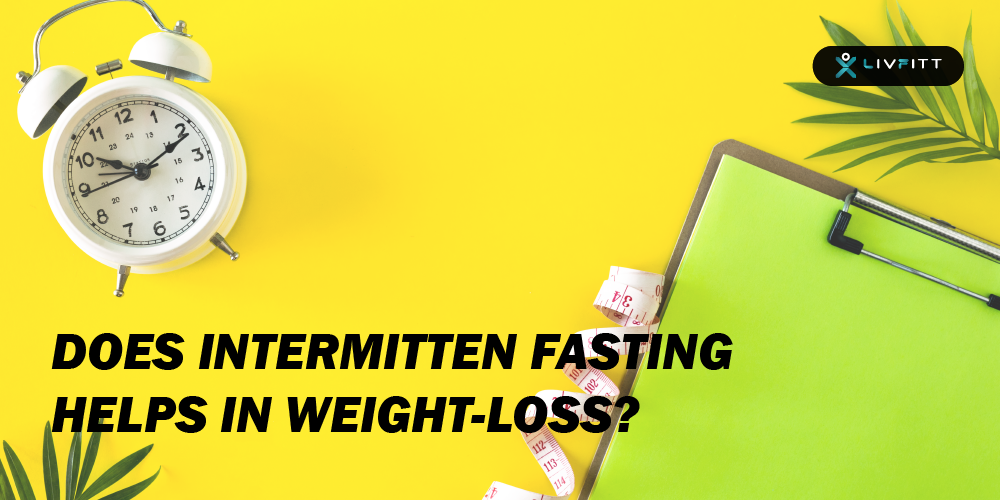 Does Intermittent Fasting help in Weight Loss?
Does Intermittent Fasting help in Weight Loss?
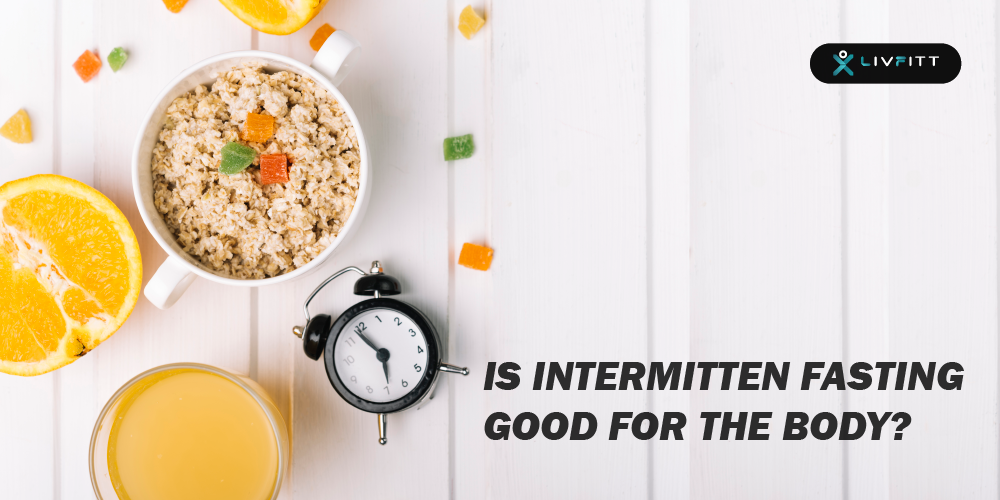 Is Intermittent Fasting Good for the Body?
Is Intermittent Fasting Good for the Body?
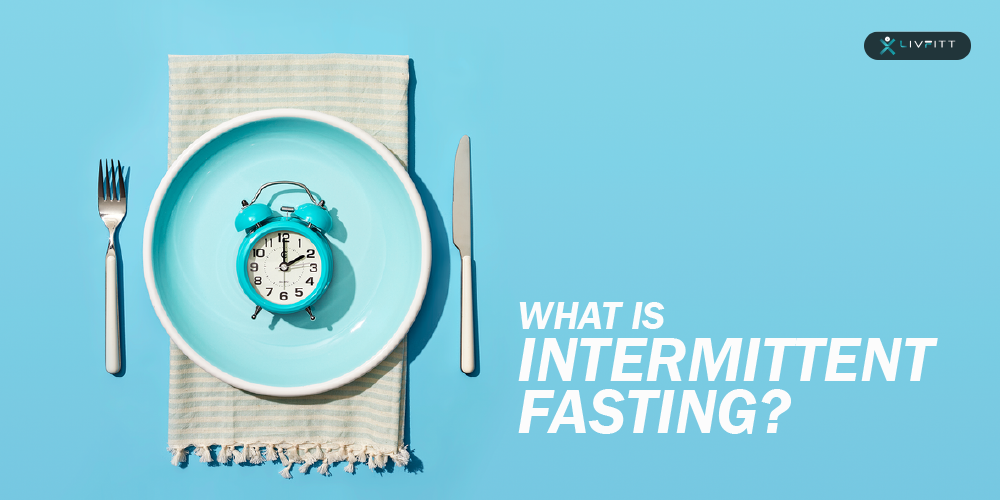 What is Intermittent Fasting?
What is Intermittent Fasting?
 Why should you have six meals in a day?
Why should you have six meals in a day?
 Ways to boost your metabolism
Ways to boost your metabolism
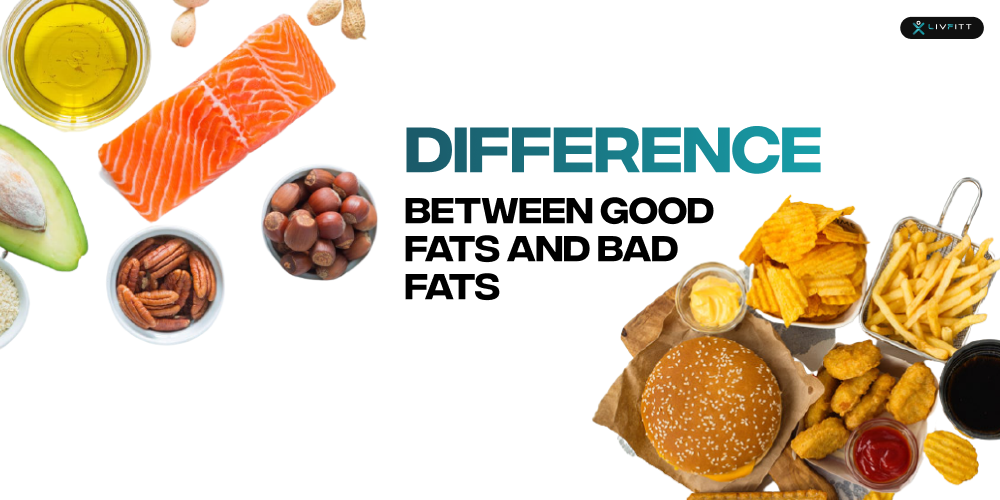 Difference between good fats and bad fats1
Difference between good fats and bad fats1
 Multigrain Vs. Whole Wheat, what is better?
Multigrain Vs. Whole Wheat, what is better?
 Nutritional Facts about Cucumber
Nutritional Facts about Cucumber
 Contemporary Yoga Forms
Contemporary Yoga Forms
 Nutritional Facts about Pomegranate
Nutritional Facts about Pomegranate
 Know about different types of Yoga
Know about different types of Yoga
 Why should you exercise regularly?
Why should you exercise regularly?
 How to beat tiredness and fatigue?
How to beat tiredness and fatigue?
 Why is fast food good for you?
Why is fast food good for you?
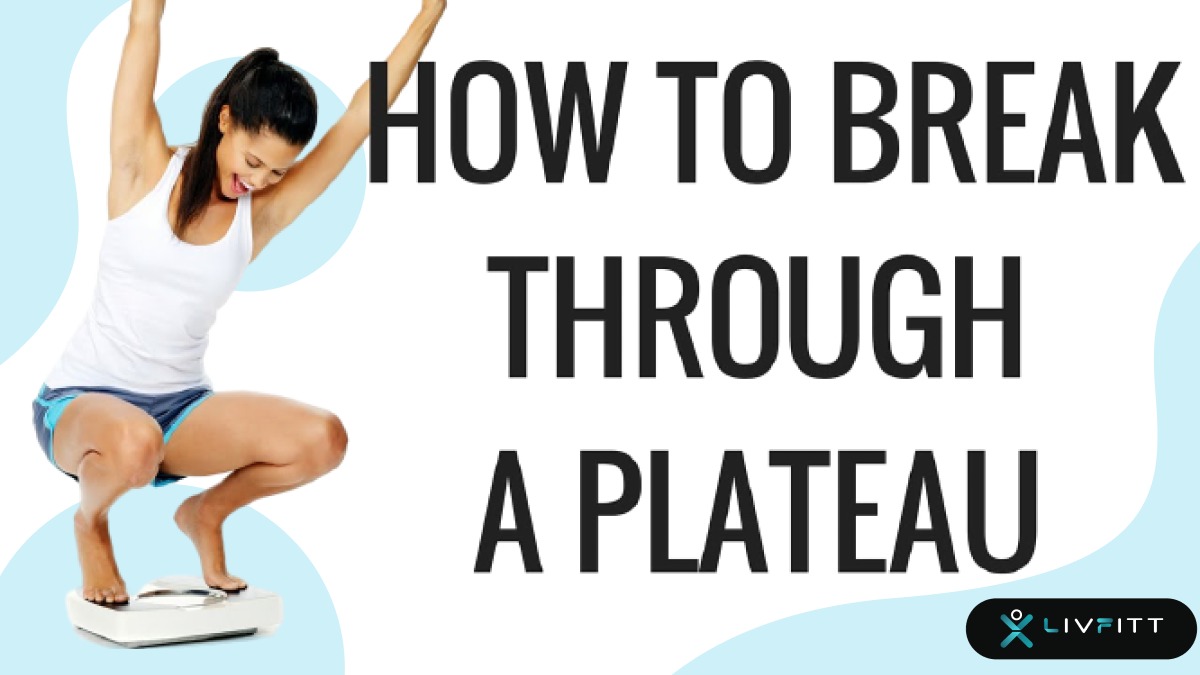 How to break through your weight loss plateau?
How to break through your weight loss plateau?
 Tips to kick start your journey towards a healthy lifestyle
Tips to kick start your journey towards a healthy lifestyle